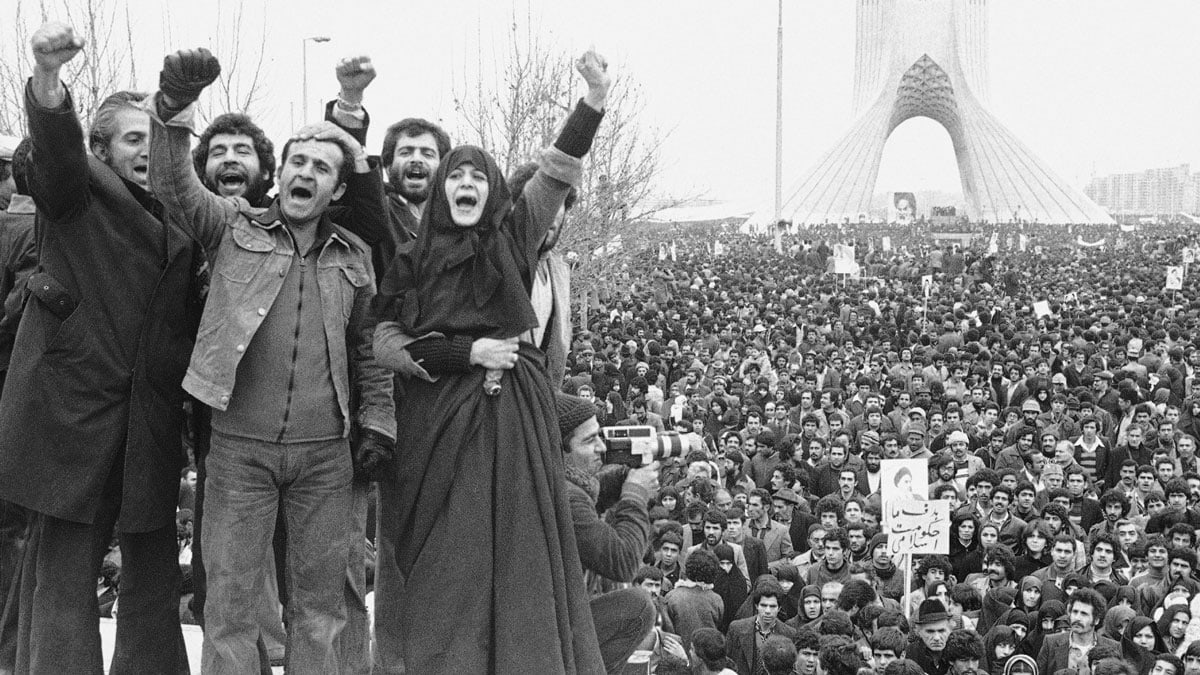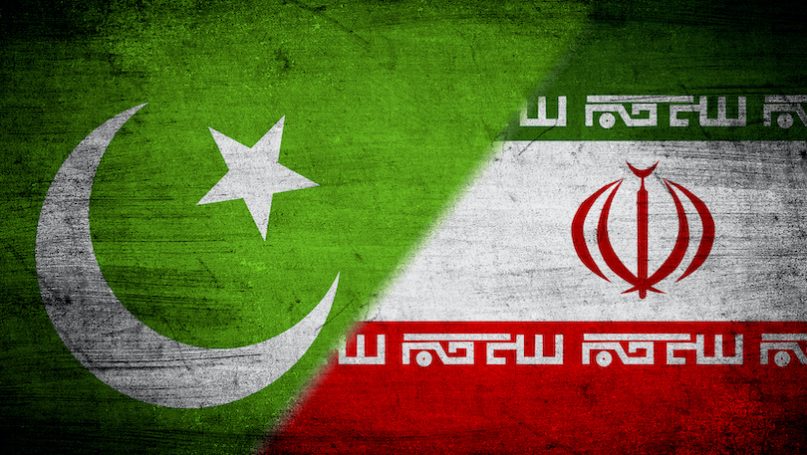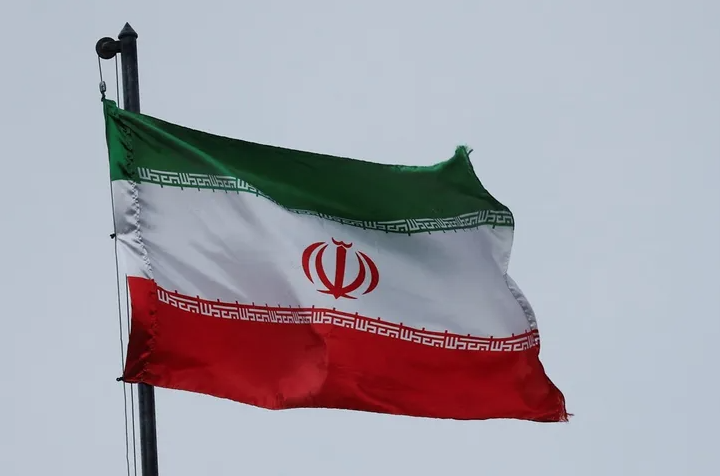Yesterday there were large ceremonies attended by millions in all cities of Iran. This was because it marked the 45th anniversary of the declaration of the definitive dominance of the ‘Islamic Revolution Movement,’ which forced Shah M. Riza Pahlavi to flee the country, and shook not only the Iranian skies but also the world, with millions, predominantly veiled women, chanting ‘Allahu Akbar!’ for 1.5 years starting in mid-1977, sacrificing over 100,000 lives.
Led by an Islamic scholar named Ruhollah Khomeini, who held a position of mujtahid according to the Shia or Ja’fari interpretation of Islam, the ceremonies echoed with slogans like ‘Death to Israel, Death to America!’ after the chants of ‘Takbir.’

Now, many living in this country may be uncomfortable with these events, including the introductory statements here. Furthermore, even among those who once held positions of responsibility in Iran, there are now those who claim that the ‘Revolution has failed and is over.’
The author of these lines, along with friends (some of whom have passed away), fervently supported that great movement 45 years ago, almost as if they were part of it. Hence, many now ask, ‘Are you satisfied with how things have turned out?’ This discomfort is also felt among a significant portion of the Iranian population.
However, the emergence of a second state, governed by Islamic principles, under the name of the ‘Islamic Republic of Iran’ was undoubtedly exciting, following Pakistan’s declaration as the ‘Islamic Republic of Pakistan’ on August 14, 1947, thirty-two years prior.
Therefore, if the circumstances of 1978-79 were present today, the author would probably adopt the same stance as before, regardless of what might happen in the future.
Despite the failures, mistakes, and policies that have disappointed Muslims worldwide, both Pakistan and Iran continue to exist on the world stage. It is still important to acknowledge their presence, as these states formed in the name of Islam or Muslims can still be reformed, whereas their downfall might lead to a repetition of history with imperialist cultures imposing their will.
However, some Muslims have developed animosity towards Iran solely based on sectarian differences and its mistakes, even going as far as wishing for its demise, despite claiming not to hold sectarian biases themselves.
In Pakistan, attempts to suppress dissent under the guise of law have backfired. The recent elections saw Nawaz Sharif securing his fourth term as Prime Minister, despite Imran Khan, the leader of the Pakistan Tehreek-e-Insaf (PTI), being imprisoned and his party being prevented from participating in the elections. The credibility of the 25-year prison sentences imposed on Imran Khan due to three separate trials within 2-3 weeks is doubted by the public, as evidenced by the victory of independent candidates supported by him in 102 out of 266 seats in the Pakistani Parliament.
Meanwhile, Nawaz Sharif’s Pakistan Muslim League (PML) managed to secure only 73 seats. He is now attempting to form a coalition with the Pakistan Peoples Party (PPP), led by Bilawal Bhutto-Zardari, the son of Benazir Bhutto, who won 54 seats, and other smaller parties.
And in India, Narendra Modi, the leader of the Bharatiya Janata Party (BJP) and often referred to as the ‘Netanyahu of India’ for his applause of the humanitarian crisis in Gaza, is stoking Hindu fanaticism against Islam and Muslims to win the upcoming elections in April 2024. Recent events, such as the destruction of a mosque in Ayodhya by Hindu mobs, indicate a rise in tensions. Modi’s rhetoric against Muslims, who constitute about 20% of India’s 1.5 billion population, is expected to intensify until the elections.
Modi has long been advocating for stringent penalties against cow slaughter, which is considered sacred in Hinduism, and if he wins the elections, he plans to enforce these penalties rigorously.
article faithfully translated from the original Turkish




